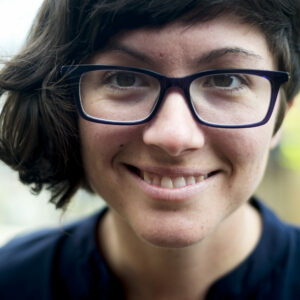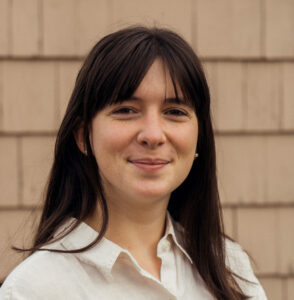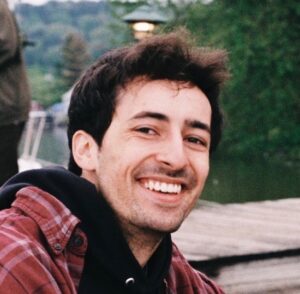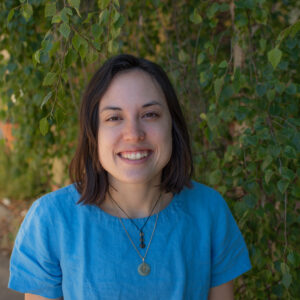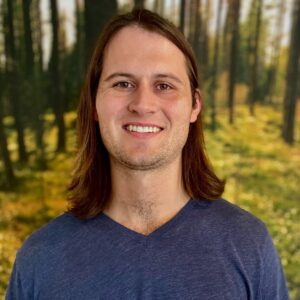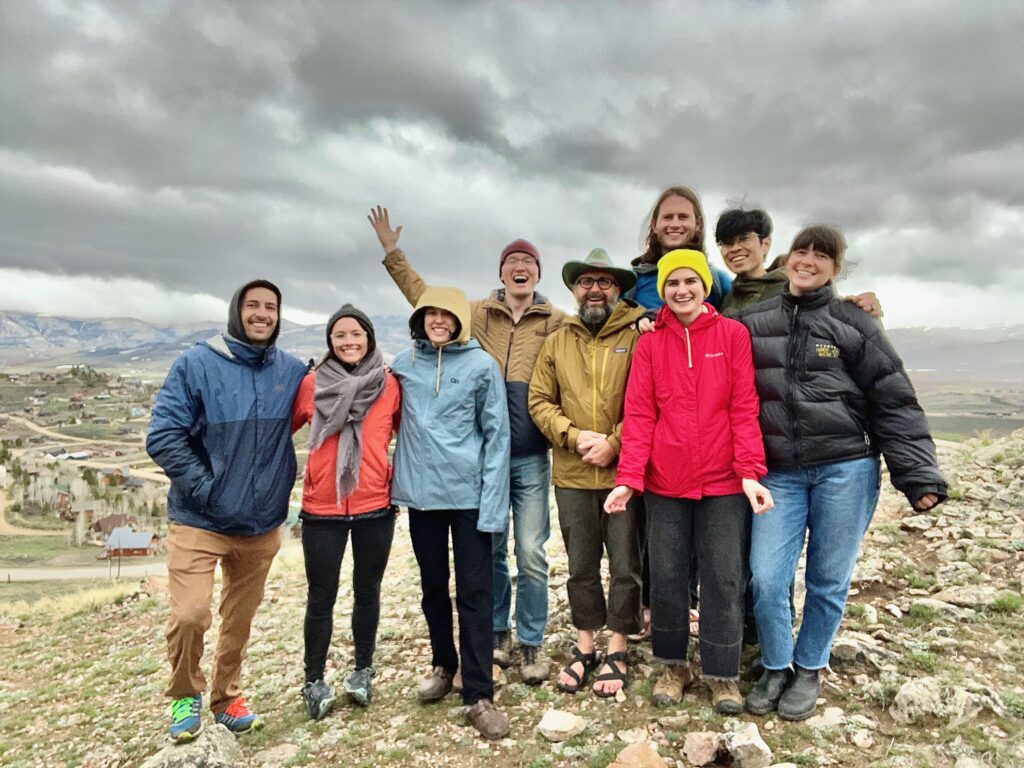
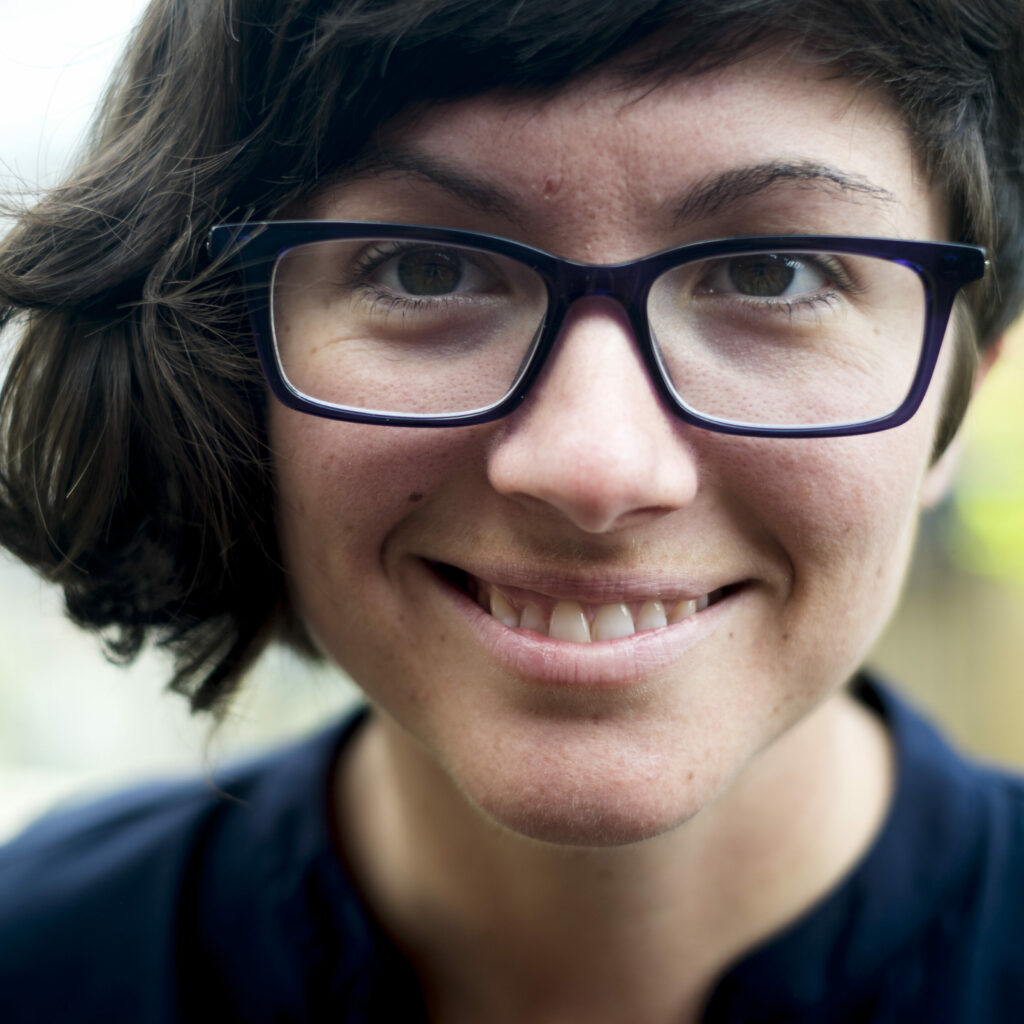
Christina Gosnell
Christina Gosnell has spent the last decade researching and organizing to advance climate and energy policy. Christina studied Environmental Sciences at University of Colorado Boulder, where she worked at the CU Environmental Center, and co-founded the CU Environmental Studies Club and the divestment group Fossil Free CU.
After graduating, Christina assisted research on high pressure gasification of biochar at the National Renewable Energy Lab and worked at Clean Power Finance, contributing to the National Solar Permitting Database. She then worked for two years at the nonprofit Clean Energy Action, managing data-driven advocacy programs and working for the first time with public data on electric utilities as the nonprofit engaged with proceedings at the Colorado Public Utility Commission.
Christina is the president and co-founder of Catalyst Cooperative, where she enjoys working at the intersection of public data, utility policy, and database design.
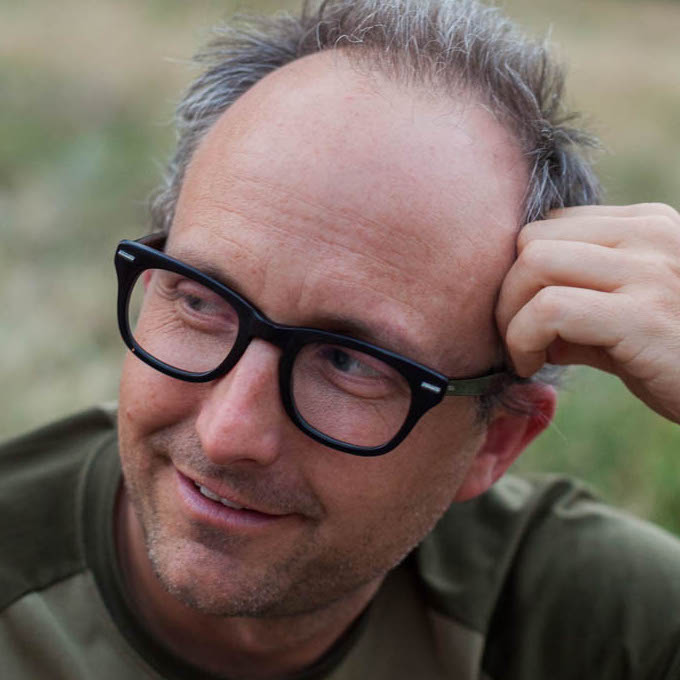
Zane Selvans
Since finishing his PhD at the University of Colorado’s Laboratory for Atmospheric and Space Physics in 2009 Zane has worked on climate and energy policy — first as Director of Research and Policy at Clean Energy Action, and then in 2016 as a founding member of the Catalyst Cooperative.
At Catalyst he is focused on deploying modern data engineering infrastructure in support of the Public Utility Data Liberation Project. He helps add new open datasets, and uses machine learning tools to better clean, repair, and integrate Catalyst’s data for easy use by civil society.
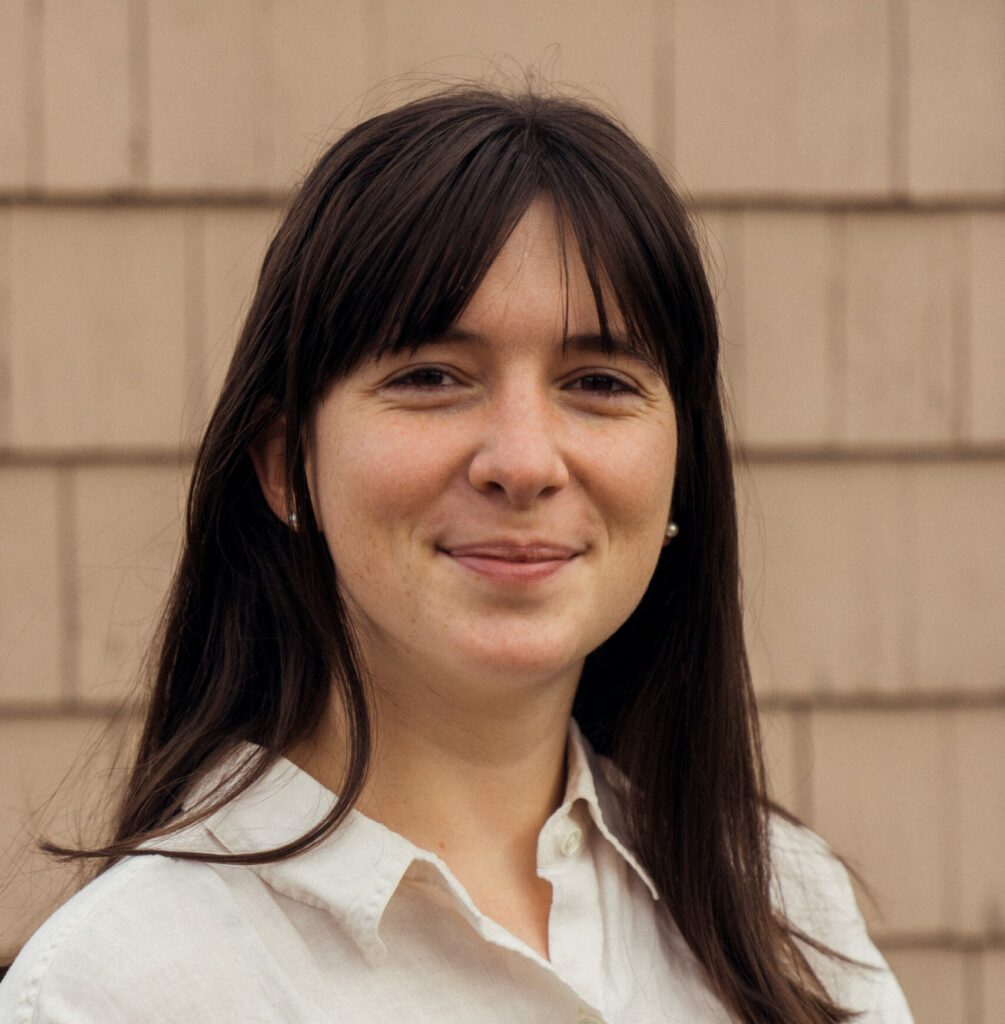
Austen Sharpe
Austen Sharpe is a strong advocate for issues pertaining to climate change and power sector transformation. As an undergraduate at Brown University, she participated in a diverse array of energy and climate-centric endeavors, ranging from building solar panels for a satellite to uncovering climate denial mechanisms in Rhode Island politics and working at COP22 in Marrakech, Morocco.
After graduating in 2018 with a B.A. in Environmental Studies, Austen worked in a backcountry hut before diving into a policy analyst internship at the National Renewable Energy Lab (NREL). While at NREL, Austen tracked communications with community solar developers across the country, helped automate the data collection process for the Renewable Energy Databook, and served as a primary author on a technical report of ethanol potential in Jamaica.
Through working with NREL, Austen cultivated a love for both the technical and political aspects of energy. She proceeded to the consulting firm E9 Insight where she honed her interest in utility regulatory policy and knowledge of state Public Utilities Commissions. Driven by a strong desire to improve energy data usability, Austen joined the Catalyst team and has since dedicated her time to dataset integration and user interaction with the PUDL database.
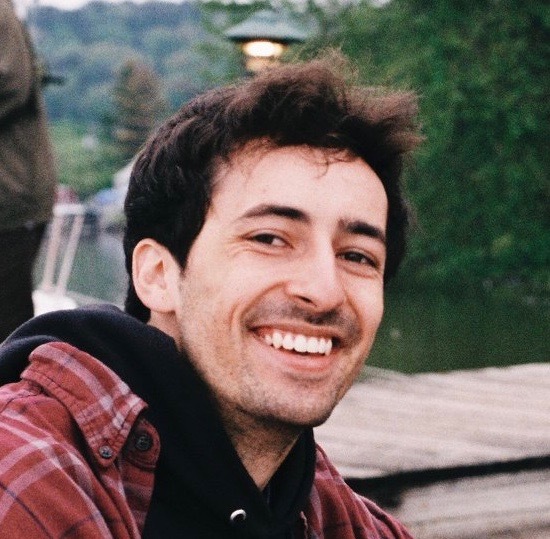
Bennett Norman
Ben received a BS and MEng in computer science from Cornell University. His interest in data science and urban planning led him to data engineering teams at the New York City Department of City Planning and an NYC-based zoning tech start-up.
In NYC, Ben learned how clean, accessible open data helps organizations advocate for housing and planning policy. He has contributed to various open-source housing data projects in California, Texas, and New York.
Ben joined Catalyst to help liberate energy data for climate researchers and advocates. He enjoys contributing to open source data engineering and wrangling tools that benefit Catalyst and the open data community.

Katie Lamb
Katie was introduced to the vast world of climate and energy data while studying at Stanford University, where she received a BS in Computer Science and a MS in Civil and Environmental Engineering. While earning her Masters, Katie cleaned and integrated a variety of large climate and energy datasets to build machine learning models. These models helped to identify the regions and populations most likely to be impacted by climate change-induced extreme weather events.
From this experience, Katie learned the importance of providing accessible climate data and analyses to clean energy advocates. She landed at Catalyst in 2021 to work on this. Katie enjoys building data engineering infrastructure for PUDL as well as applying statistics and machine learning modeling techniques to energy datasets. When not at the computer, Katie enjoys rock climbing around California and beyond.
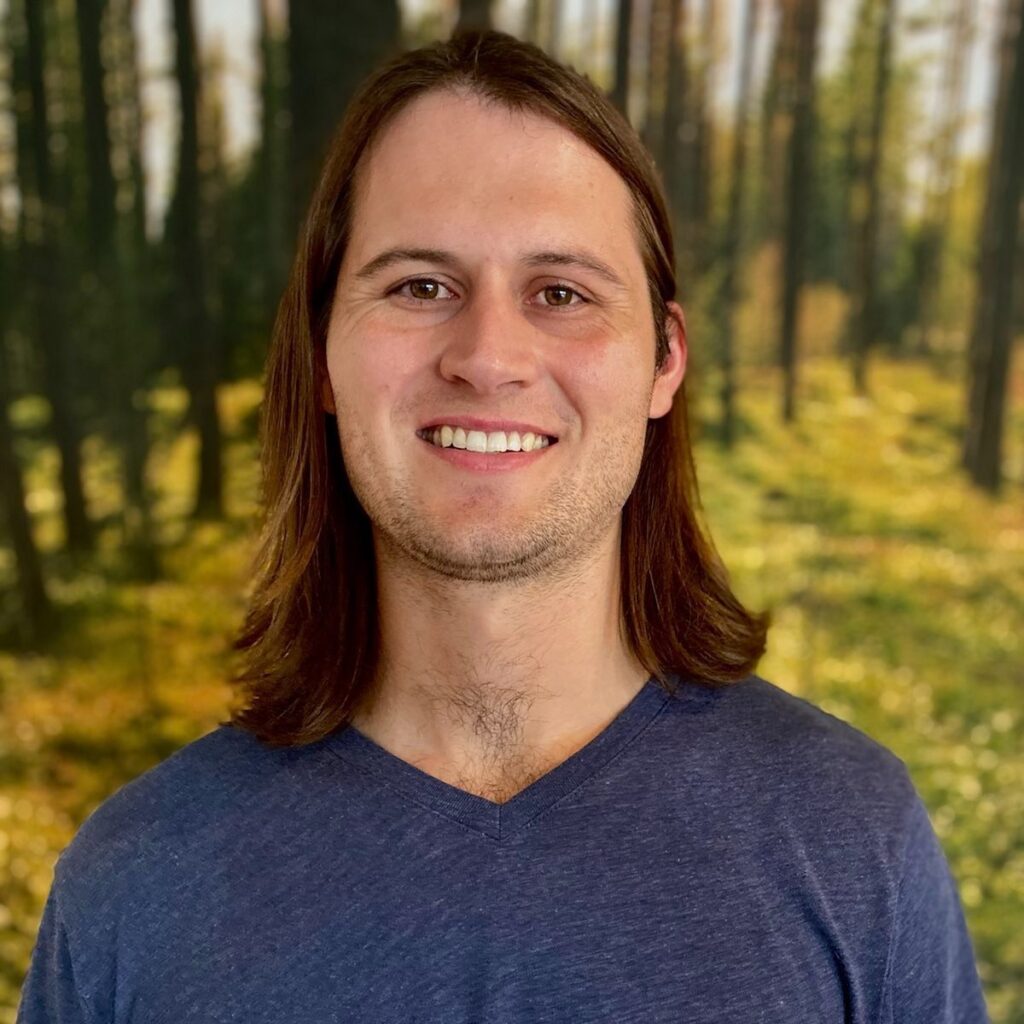
Zach Schira
Zach graduated from the University of Colorado in 2018 with a BS in Aerospace Engineering. It was here that he had his first introduction to working with climate data through an internship at the University’s Earth Lab. In this position, he gained experience working with remote sensing data and applying machine learning techniques to aid in the study of changing environmental systems.
After graduating, Zach began working at NASA’s Goddard Spaceflight Center. At NASA, he developed flight software for a spacecraft tasked with refueling the Earth monitoring satellite Landsat 7. After several years at NASA, Zach decided to seek out a more immediate role in mitigating our ongoing climate crisis. This brought him to Catalyst where he’s excited to bring his experience to the world of climate research and policy.

Dazhong Xia
Dazhong has spent about a decade working on software that he hopes is useful to people. Most recently, he’s worked on smart grid administration at EnergyHub and helped cities understand their scooter share programs at Populus. He’s excited to help in the energy policy space however he can and to learn from the expertise of his coworkers!
Since he started at Catalyst in 2023, he has been bouncing between helping with the infrastructure underlying PUDL and laying the engineering foundations for client-facing projects. Outside of working at Catalyst, he likes to cook food, ride bikes, and be a good community member.
Catalyst Alumni
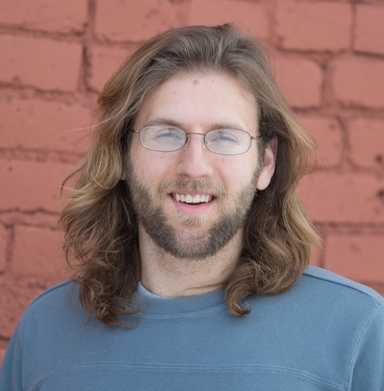
Steve Winter
Steve Winter’s interest in climate and energy policy was sparked by an incredible high school science teacher named Otter Brown. His interest grew through his work on the Student Taskforce for Environmental Partnership at Yale University, where he studied philosophy and developed a passion for entrepreneurship that addresses social and environmental challenges.
At Yale, Steve helped to found Amicus, a Y Combinator-backed startup that has helped progressive organizations such as GreenPeace, Human Rights Campaign, and AFL-CIO with organizing and outreach. In 2012, Steve’s interest in social entrepreneurship led him to manage the operations of Blue Dot Advocates, a boutique law firm focused on social enterprise and impact investing. At Blue Dot, Steve helped develop a web-based platform to increase accessibility to legal solutions for mission-driven enterprises before taking over the operations.
In 2015, Steve brought his experience in operations to the nonprofit Clean Energy Action, where he helped to advocate for greater access to renewable energy in rural areas and for reforms to coal mine remediation policies. Steve helped found Catalyst and serviced as Chief Financial Officer and Catalyst Admin team until December 2022. He now serves as the Director of the Office of Climate and Sustainability for the City of New Haven, Connecticut.
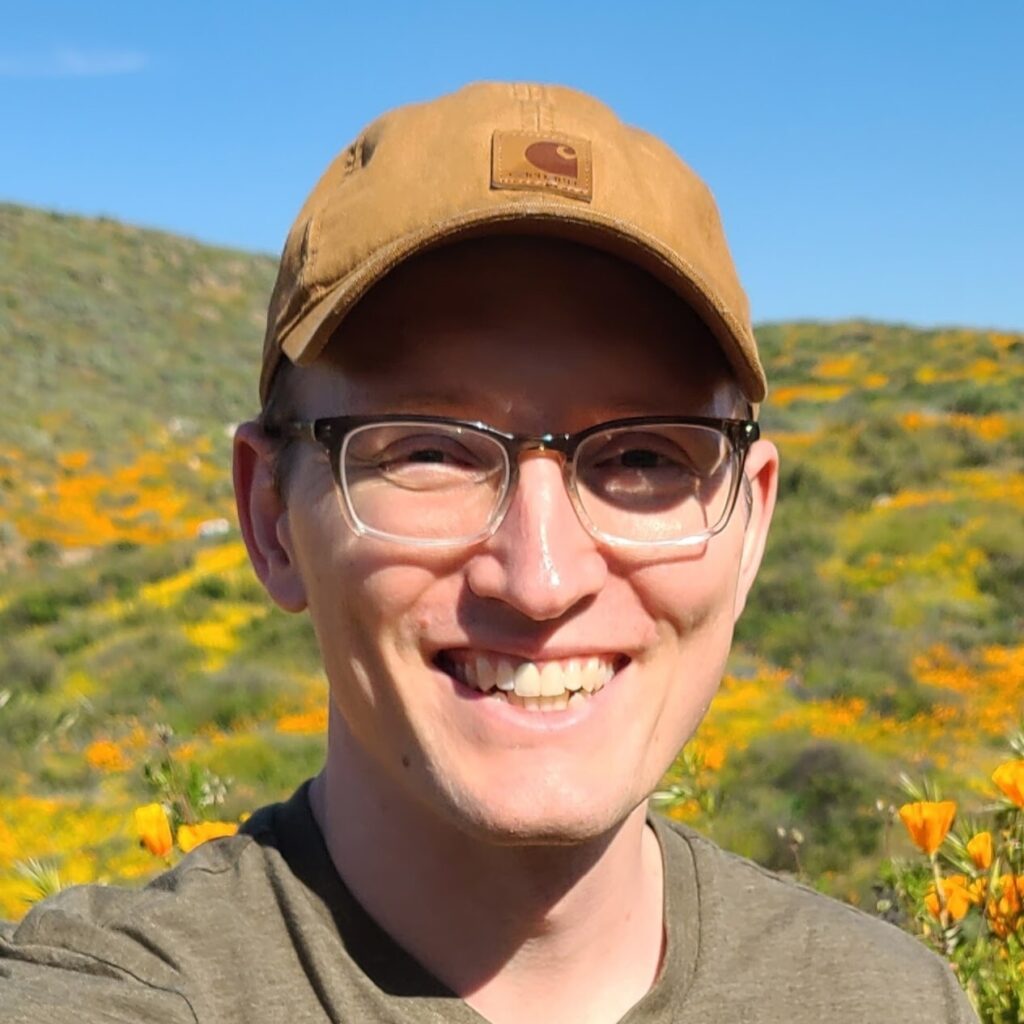
Trenton Bush
Trenton got hooked on climate change mitigation while studying Physics and Statistics at Grinnell College. After getting a Masters in Mechanical Engineering at UMass Amherst, he spent several years consulting with wind power developers, helping them design and analyze the operational performance of over 5 Gigawatts of wind farms around the world.
While a consultant, Trenton developed and evangelized next-generation data analytics tooling for understanding turbine and weather data, including building machine learning systems to identify and mitigate sensor failures and presenting results at international conferences. He later left consulting to focus on these technologies, leading product development at a wind data management startup.
But after years of technical involvement in climate change mitigation, Trenton came to believe that political barriers were the more acute bottleneck to low-carbon pathways. He joined Catalyst to drive and support regulatory reform through the power of open information.
